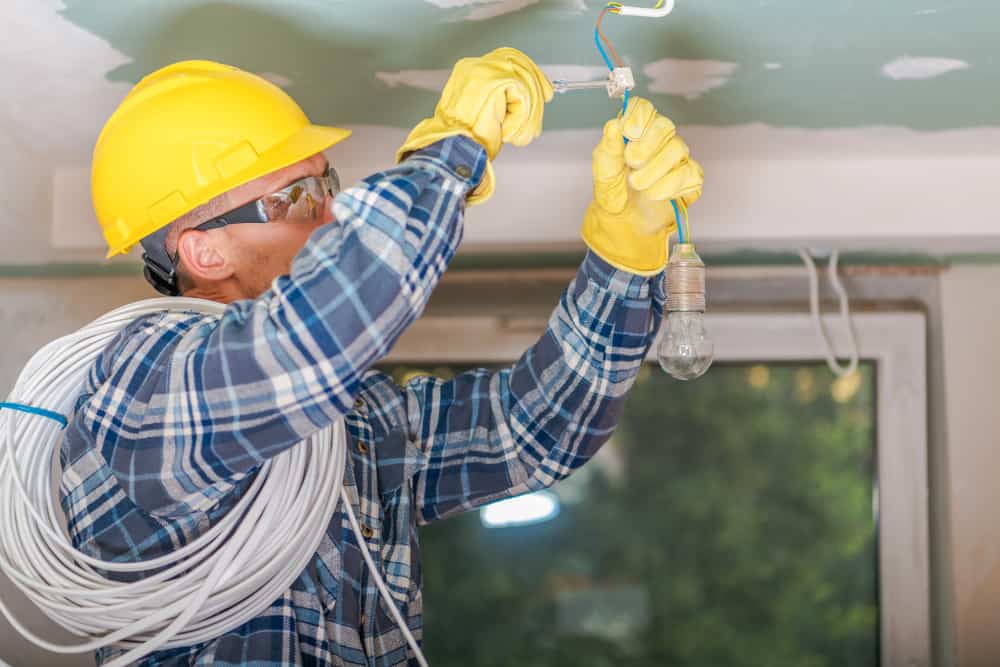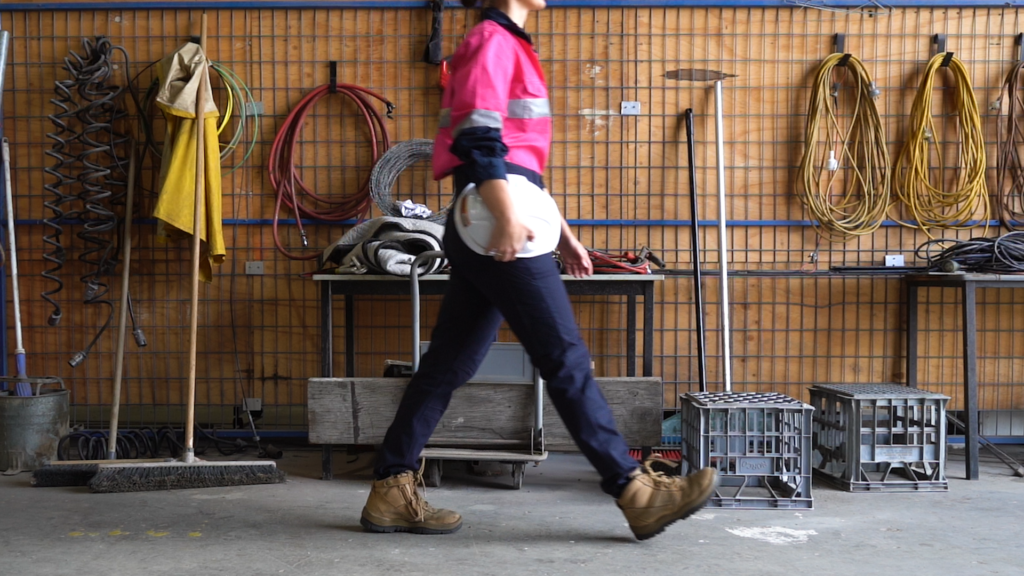Popular Posts
Thinking about training to become a sparky? We don’t blame you – the pay is great, it offers security, and employment is projected to grow 10% from 2018 to 2028 (faster than the average for all other occupations).
Whether you’re looking to install wiring in homes or fix machinery in factories, there are many types of electrical jobs available to sparkies in Australia.
Discover the different types of electricians and the electrical licence types required for each role.
Residential/Domestic Electricians
Residential electricians work in homes, apartments and other residential properties. They spend most of their time installing, maintaining, upgrading and repairing electrical lines, systems and household appliances.
They might plan the electrical design for a new house being built, install new wiring throughout home renos, or install, maintain and repair lights, outlets, heating/ventilation systems and more. From simple socket fixes to updating every lighting fixture, residential electricians tackle all the big and small electrical jobs around the home.
Commercial Electricians

These electricians do much the same as residential electricians, except they work on commercial buildings.
Daily jobs might include installing, inspecting, upgrading, maintaining and repairing wiring, outlets, lighting and generators. Commercial electricians might be contracted by hospitals, schools, restaurants, retail stores and other businesses.
Construction Electricians
Research shows almost 64% of Aussie electricians work in the construction industry. Construction electricians work on – you guessed it – construction sites. They’re generally contracted at the building phase of residential, commercial and industrial sites, working on structures as they’re being built to ensure the electrical systems are suitable for the building’s intented use.
Responsibilities include installing light fixtures and switches, heating and cooling systems, and communications equipment. Construction electricians are also required to understand construction blueprints.
Emergency Electricians

Emergency electricians are on call 24 hours a day, 7 days a week to rush to the rescue of domestic or commercial clients. From burning power outlets to blown switchboards, emergency electricians are the go-to when it comes to time-sensitive, unexpected electrical problems.
If you’re not bothered by getting calls in the middle of the night and working outside regular 9-to-5 hours, you could make a pretty penny in this position.
Learn more about completing a Certificate III in Electrotechnology Electrician with Major Training or call our helpful team on 1300 790 822.



